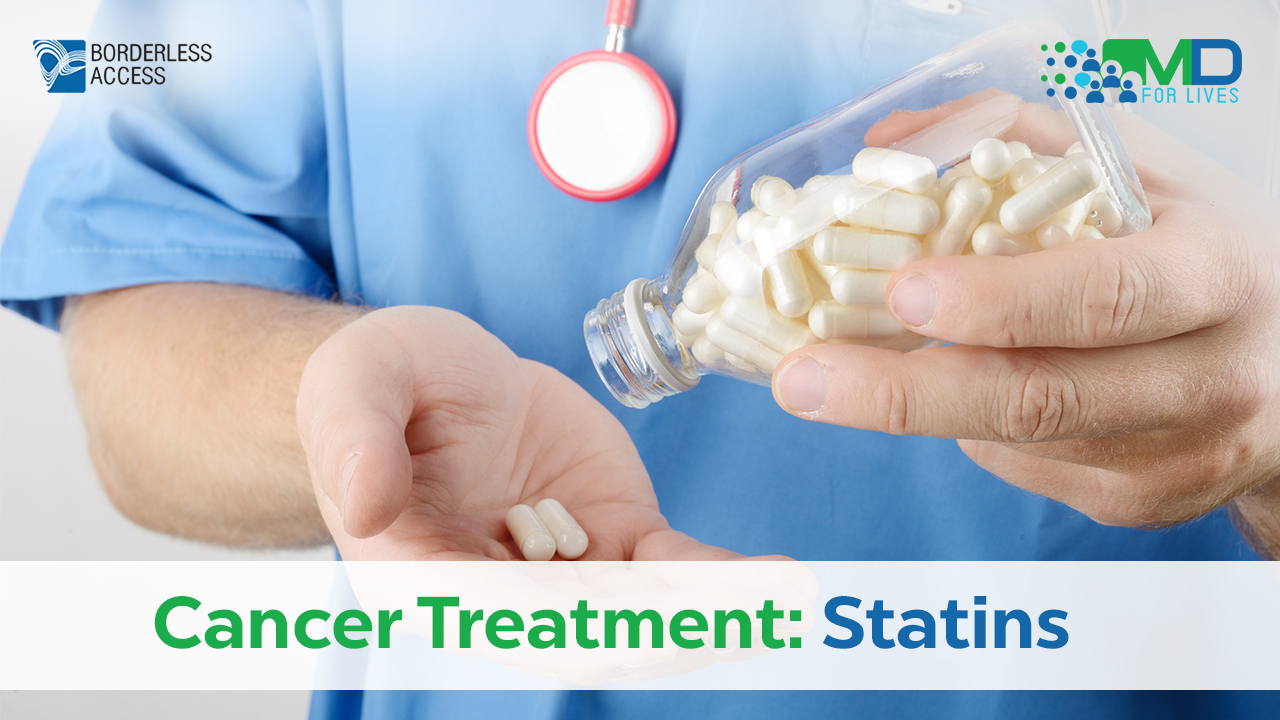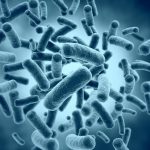Statins, commonly used as cholesterol lowering drugs, can also be used to fight various cancers according to a new study [1]. These drugs are effective against a type of rogue protein produced by mutated genes associated with nearly all types of cancer.
This research is the first of its kind and shows how statins such as Lipitor (atorvastatin), Crestor (rosuvastatin), and Mevacor (lovastatin) are effective against structurally mutated p53 genes associated with cancer progression. They do not affect the proteins produced by the healthy p53 genes. Statins are not a part of conventional cancer therapy; however, understanding the way in which these statins work can help to specifically design new medications that can shut down damaged p53 genes.
Role of p53 gene in cancer
Under normal conditions, this gene produces healthy proteins that regulates cell division. It also plays a major role in preventing rapid cell division and cell growth. However, if this gene undergoes mutation either spontaneously or through inheritance, the body is no longer able to regulate cell growth and division. This leads to an uncontrolled proliferation of cell- forming tumors that invade normal tissues leading to cancer [2].
Hence, these mutated forms of p53 genes can no longer suppress tumor growth and actually aggravate the cancer, causing drug resistance. The most challenging part in this condition is to eliminate this rogue protein, while preserving the cells containing healthy forms of p53 gene.

To solve this problem, almost 9000 compounds were screened and tested to check whether they could degrade mutant forms of the p53 gene. Of this about 2400 were FDA approved drugs, while others were non-FDA approved compounds.[2]
Ten of these compounds showed promising results in reducing these damaged genes, and surprisingly, some of these compounds were statins. [2]
Statins: Verification of early screening results
Initial screenings may produce false positive results; therefore, they were re-verified. The team injected cells having mutant p53 genes into mice and waited for the mice to express tumors. They were then treated with high doses of statins for a duration of 21 days.[2]
Results of this experiment showed that tumors did not grow or progress in mice who received statins compared to their controls. They also observed that these statins had an impact only on structurally mutated (misfolded) p53 gene and not the p53 gene that was mutated at the spot where it binds to the DNA. This was an important discovery showing that statins had an effect only on structurally mutated p53 gene, hence pin pointing why earlier clinical trials with statins were inconclusive.
Possible mechanism of how statins work
After these significant results, the team investigated the exact mechanism of how statins help in p53 degradation and which other proteins play a vital role. Heat shock proteins were considered as they are known to correct misfolded proteins. DNAJA1[2] protein was identified; it attaches to the mutant p53 gene and protects the damaged gene from the enzyme that is responsible for its degradation.[1]
Statins help to prevent the binding of these mutated p53 gene with DNAJA1 protein, thus leaving these damaged genes unprotected. This further enables the mutated gene to bind with the enzyme that helps in their degradation. Because these damaged genes are not found in healthy cells, statins do not impact healthy cells. [1]
Summary:
Statins can help to reduce the mutated forms of p53 gene, which make human cancer cells more metastatic [4] and resistant to chemotherapy. These new findings can improve the survival rates in cancer patients significantly.






4 Comments
Effect of Statin Treatment in old and very old adults with Cardiovascular Disease with or without Diabetes - MDforLives
5 years ago[…] Statins are the first choice of agents to reduce high blood cholesterol levels, which are a risk factor for CVD.2 Evidence from the meta-analysis and randomized clinical trials support statin treatment for the secondary prevention of CVD in patients aged 75 years and older. Meta-analysis data also support statins for the primary prevention of CVD in patients aged 65 years or more. However, the evidence does not include people aged more than 74 years, especially those aged more than 84 years–the age group who are understated in observational studies and clinical trials.1,2 […]
Immunotherapy against cancer can be risky for the eyes - MDforLives
5 years ago[…] Thus, immunotherapeutic drugs destroy cancer cells by stimulating the body’s own immune system. However, in this process, healthy body cells are damaged as well. As a result, side effects such as anemia, nausea, vomiting, hair loss, fractures, etc., are commonly observed in patients undergoing cancer treatment.2 […]
Does the brain boost the body’s immune response to cancer? - MDForLives
4 years ago[…] on the body’s immune system and its potential to fight cancer. This will help us in the treatment of cancers. […]
Role of Brain in Body's Immune Response to Cancer - MDforLives
4 years ago[…] on the body’s immune system and its potential to fight cancer. This will help us in the treatment of cancers. […]